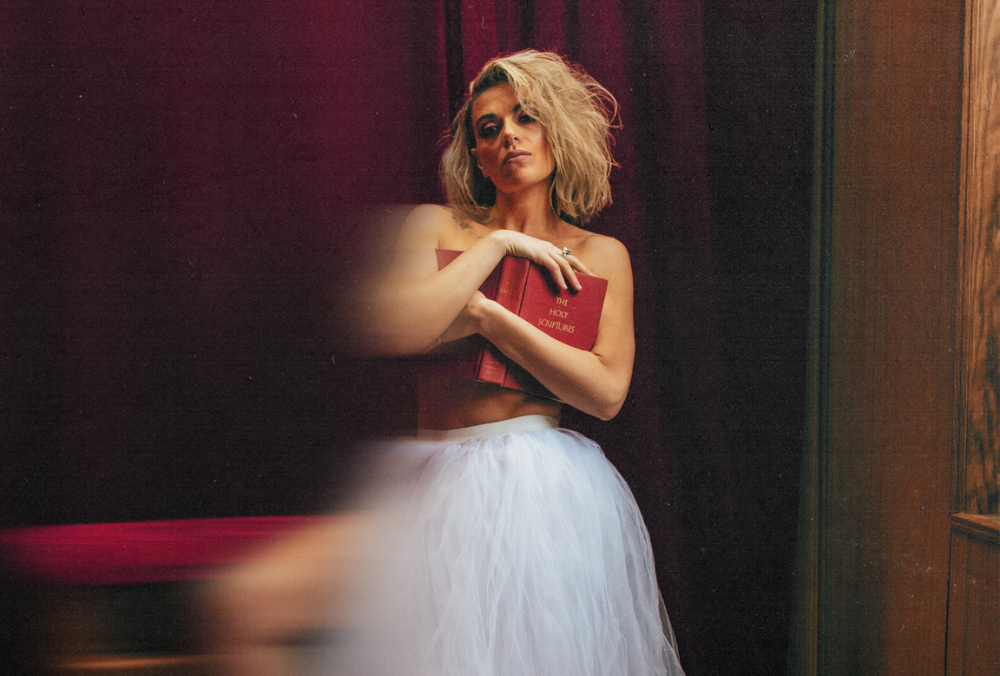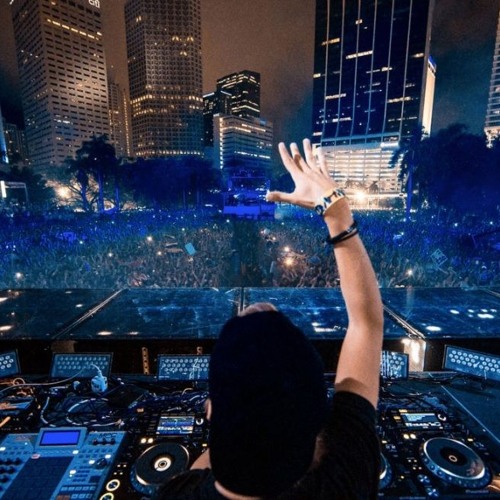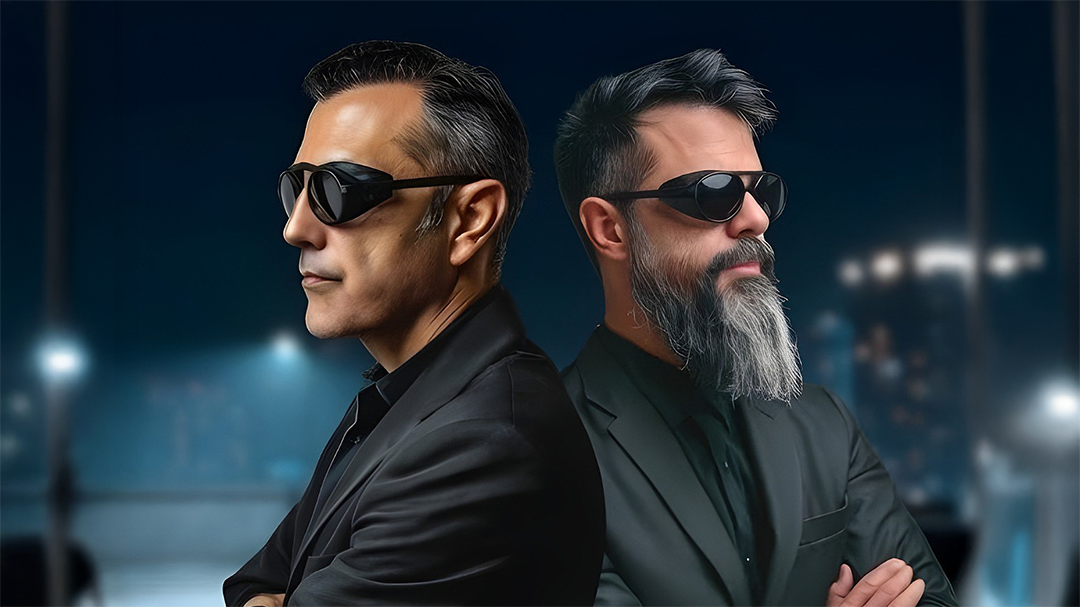As its name might suggest, Shaman King is all about spirits and the undead. In fact, one of the story's main spirits is that of a long-deceased Japanese warrior. This sounds like the perfect recipe for a horror-themed series on paper, but Shaman King is rather different. It might've made sense back when the manga was published and the original anime aired in 2001, but it stands out for other reasons now.
Click to start this article in
Recent franchises such as Chainsaw Man, Jujutsu Kaisen and Demon Slayer have combined traditional battle shonen with more overt horror elements. While it might contradict the source material to emphasize horror, Shaman King's lack of doing so makes it lack an edge compared to modern shonen.
Shaman King's Take on Spirituality
Much like its protagonist Yoh, Shaman King's tone comes off as fairly easygoing and zen. Its take on spirituality, slowing down and not getting caught up in the whims and worries of the world is part of the series' charm, making it sort of an anti-shonen. The main character doesn't actively pursue a goal like many heroes, and the whole premise centers around the futility of fighting.
The spirits themselves are never really treated as spooky or scary, except for when people like Manta first encounter them. Even then their presence isn't really horrifying, they just scare some ordinary people who aren't used to it. This reflects the franchise's idea of spirits simply being parts of the natural world that are more easily embraced when modernity is rejected. While this meditative, almost Buddhist philosophy may have made Shaman King unique 20 years ago, it ironically is somewhat less interesting now.
How Shaman King Could Have Competed With Modern Shonen
Today's shonen manga and anime landscape is different from 20 or even 10 years ago. While battle manga are still popular, they're not quite the norm they used to be, with tournament-based storytelling being replaced with more adventure or objective-driven narratives. Another huge trend is horror, with the aforementioned hits revolutionizing the shonen genre and pushing a new wave of international anime popularity.
Part of their appeal is treating their supernatural and horror elements as such and not merely window dressing to seem original. They have a bevy of gore that's somewhat unusual in shonen, accentuating the less than salubrious elements of the story. Thus, they stand out compared to the many battle shows that blended together in previous years of shonen anime.
Shaman King, once unique among shonen, now feels more like a relic from a few decades back. The lack of focus on its supernatural and potentially horrifying elements makes it once again fade into the background compared to old rivals such as One Piece, and it's certainly no standout compared to newer shows. Shaman King could've spiced things up by showing events from Manta's perspective, albeit not in a comedic way.
The story could show how terrifying the world of spirits and the undead is to those unfamiliar with it, making it only seem "everyday" to someone as nonchalant as Yoh. Likewise, since Hao's origins are shown from Episode 1, maybe focus on humanity's horrors that make him hate mankind so much. Better yet, show why fighting is such a bad policy -- this is the series' premise, after all.
Of course, these changes could've caused issues with the source material's fans. Some may have accused the anime remake of being "dark and gritty" for the sake of competing with newer shows, and any significant changes would have gone against its intentions of properly adapting the manga. Thus, the result is a show that's certain to please existing Shaman King fans, but might be too old in the spooks department to scare up a lot of new viewers.
About The Author

